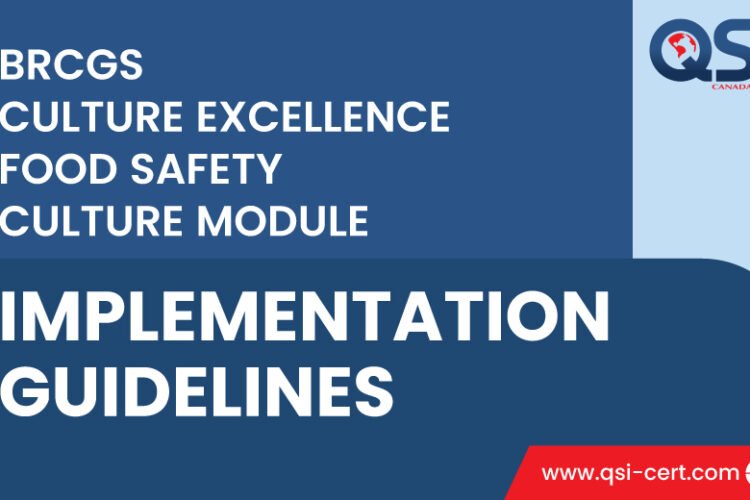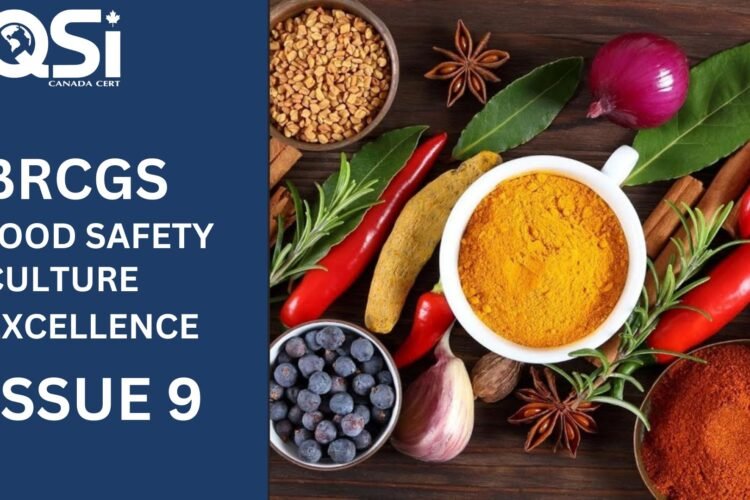
In today’s globalized world, ensuring food safety is paramount. With supply chains spanning continents and consumers becoming increasingly conscious of what they consume, the need for robust food safety management systems has never been greater. This is where ISO 22000:2018 steps in, providing a comprehensive framework to address food safety risks and ensure quality throughout the food chain.
What is ISO 22000:2018?
ISO 22000:2018 is an internationally recognized standard developed by the International Organization for Standardization (ISO). It outlines the requirements for a food safety management system (FSMS) that can be applied by any organization involved in the food chain, from farmers and food manufacturers to retailers and caterers.
The standard is based on the principles of Hazard Analysis and Critical Control Points (HACCP), which identify, evaluate, and control food safety hazards. However, ISO 22000:2018 goes beyond HACCP by incorporating other key elements such as management system principles, communication, and continual improvement.
Key Components of ISO 22000:2018
Interactive Communication: ISO 22000 emphasizes the importance of effective communication both within the organization and with external parties such as suppliers, customers, and regulatory authorities. This ensures that relevant information regarding food safety is shared throughout the food chain.
System Management: The standard requires organizations to establish and maintain a robust food safety management system tailored to their specific needs. This involves defining roles and responsibilities, implementing procedures for hazard control, and providing adequate resources for system implementation and maintenance.
Prerequisite Programs (PRPs): ISO 22000:2018 emphasizes the importance of implementing prerequisite programs such as sanitation, pest control, and personnel hygiene to create a hygienic environment for food production.
Hazard Analysis and Critical Control Points (HACCP): The standard requires organizations to conduct hazard analysis to identify and evaluate food safety hazards at each stage of the food chain. Critical control points (CCPs) are then established to monitor and control these hazards.
Traceability and Product Recall: ISO 22000:2018 mandates that organizations have systems in place to trace products throughout the food chain and implement effective procedures for product recall in case of food safety incidents.
Benefits of ISO 22000:2018
Implementing ISO 22000:2018 offers numerous benefits to organizations involved in the food chain:
Enhanced Food Safety: By implementing a systematic approach to food safety management, organizations can identify and mitigate potential hazards, reducing the risk of foodborne illnesses and ensuring the safety of consumers.
Improved Quality Management: ISO 22000:2018 emphasizes the importance of quality throughout the food chain, leading to improved product quality and consistency.
Compliance with Regulatory Requirements: Adhering to ISO 22000:2018 helps organizations comply with food safety regulations and standards, both at the national and international levels.
Enhanced Customer Confidence: Consumers are increasingly concerned about the safety and quality of the food they consume. Certification to ISO 22000:2018 demonstrates a commitment to food safety and can enhance consumer confidence in the organization’s products.
Operational Efficiency: By streamlining processes, reducing waste, and minimizing the risk of food safety incidents, ISO 22000:2018 can improve operational efficiency and reduce costs for organizations.
Competitive Advantage: Certification to ISO 22000:2018 can provide a competitive edge in the marketplace, as it demonstrates a commitment to food safety and quality that can differentiate the organization from its competitors.
In conclusion,
ISO 22000:2018 plays a crucial role in ensuring food safety and quality throughout the food chain. By implementing the standard, organizations can mitigate food safety risks, enhance quality management practices, and ultimately, gain a competitive advantage in the global marketplace.


